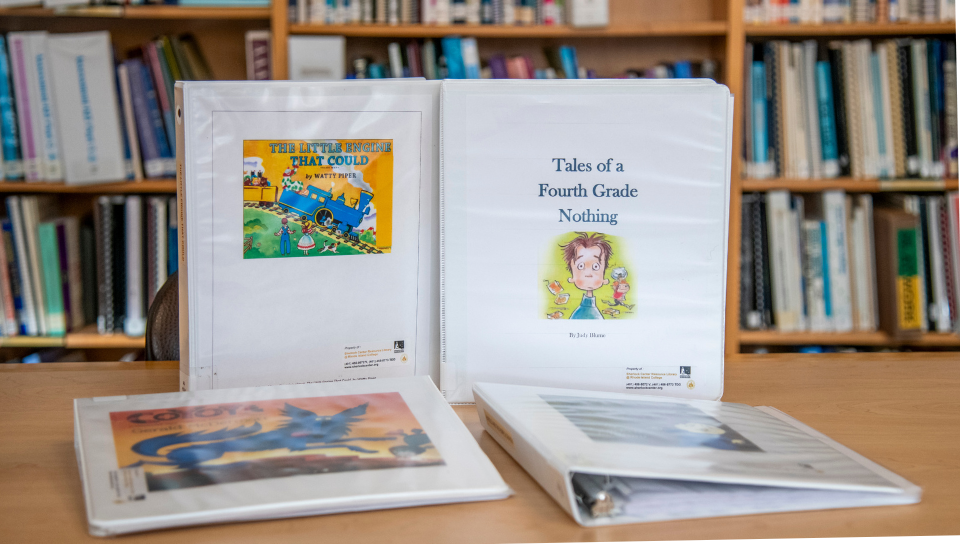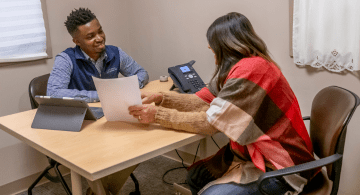
Early Intervention Training and Technical Assistance
Early Intervention is a program designed to help families support the growth and development of their infants and toddlers who are delayed in their development or have a diagnosed condition known to cause developmental delay. The Early Intervention Training and Technical Assistance Project provides training to EI staff and help Rhode Island’s EI staff and agencies build system capacity to improve outcomes for children and families.






